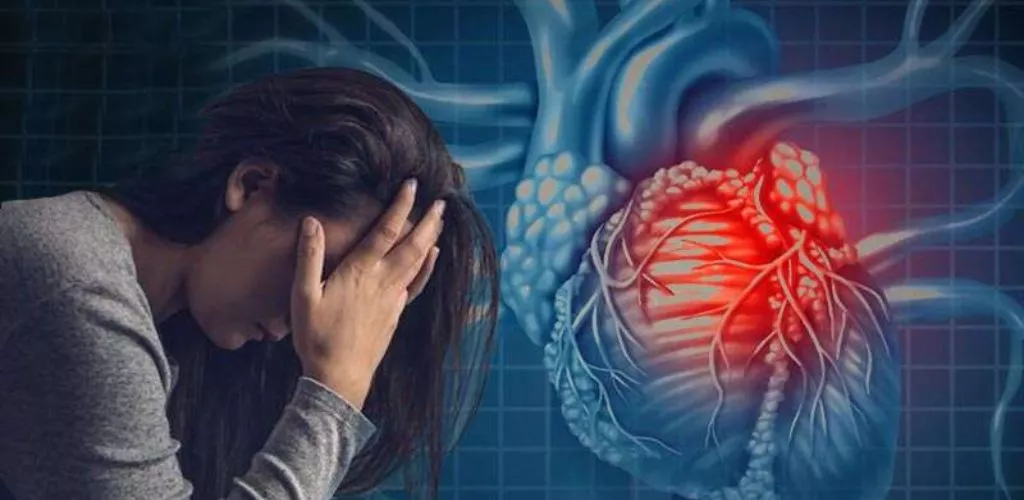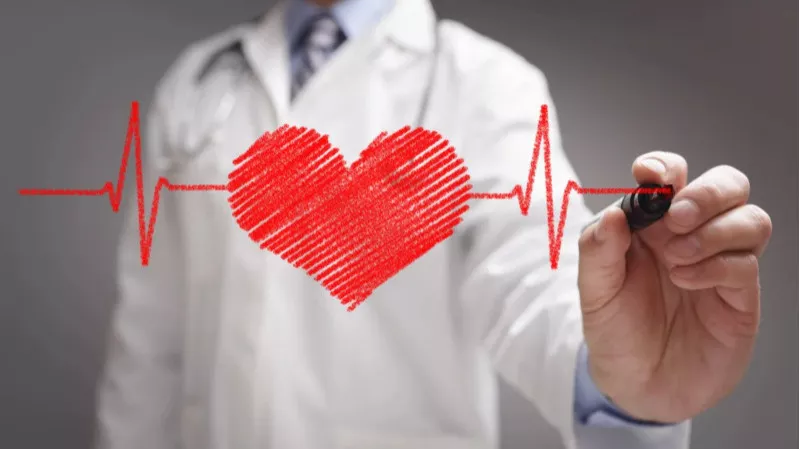With the summer at its peak, people around the world and India [in particular] must adopt relevant measures to remain protected from such harsh environmental stressors. The human body can only withstand a certain amount of heat. The exposure to extreme heat hinders our body from regulating the core temperature accordingly.
This phenomenon is known as hyperthermia. The subcontinent experiences extreme heat waves throughout the summer, and India is at the forefront of it all. Thus, individuals must address the question, “What is hyperthermia?” to effectively manage and overcome this condition.
Debunking the Basics: What is Hyperthermia?
Before identifying and implementing practical solutions, it is imperative that we first answer the fundamental question of “What is hyperthermia?” It is experienced when the core body temperature crosses the threshold of 38°C (100.4°F) due to excess heat release or absorption.
The body regulates itself by sweating and circulation. However, if it fails to execute this process (due to high temperatures, humidity or physical exertion), heat starts to build up inside. This can lead to tissue damage, organ failure and in extreme cases, can be life-threatening.
While most people know about fevers caused by infections, hyperthermia works differently. It is not germ-induced, as environmental and external factors stimulate this condition, capable of overriding the body’s cooling mechanisms.
From Sweat to Shock: Stages of Heat-Related Illness in Diagnosis
Hyperthermia stages include mild overheating to severe medical emergencies, hence the need for early treatment. The first stage is heat cramps and painful muscle spasms in the legs or abdomen as a result of loss of salt and fluid through heavy sweating that occurs after a lot of physical activity.
In cases of continued exposure to heat, this may advance to heat exhaustion, where the body finds it difficult to maintain its temperature hence, one experiences dizziness, exhaustion, a nauseous feeling and excessive sweating. Without intervention, this can graduate to heat stroke, the deadliest stage.
Who Is at Greater Risk? Groups to Be on the Lookout For
Although anyone can suffer from hyperthermia, some groups are more at risk. Children, older people, and people with chronic illnesses have more difficulty regulating body temperature. Outdoor workers, athletes, and people who live in poorly ventilated houses are also at higher risk.
Even in hospitals, hyperthermia takes on significance in some surgeries or treatments. Medical personnel, anesthesiologists in India, for instance, are very careful to ensure that body temperature is not raised unnecessarily during or after procedures.
Warning Signals: Spotting Hyperthermia Symptoms Early
Gaining complete knowledge of hyperthermia symptoms will enable people to act before the condition becomes worse. Common signs include:
● Excessive sweating at the beginning, and dry skin in the heat stroke stage
● Rapid heartbeat and breathing
● Fatigue or muscle weakness
● Headache, dizziness, and nausea
● Flushed or red skin
● Confusion or disorientation in serious cases
In most cases, people overlook these symptoms, believing they will disappear. However, being ignorant and disregarding these hyperthermia symptoms can prove to be costly. Individuals need only implement basic measures like moving over to a cooler area, drinking sufficient water, staying away from the sun, and applying cold packs to control the situation.
Seeking assistance from experienced anesthesiologists in India can help minimise these conditions. Ensure to collaborate with Aster Hospital to find relevant solutions.
Prevention Matters: Smart Ways to Stay Cool
It is more effective to prevent hyperthermia than to treat it. Practical measures to keep cool and safe are:
● Wearing light and loose-fitting clothing
● Hydration with water or electrolyte-rich drinks
● Steering clear of the outdoors when it is hottest (12 PM to 4 PM)
● Indoor temperatures are controlled through the use of fans and air conditioners
● Creating good ventilation in closed spaces
Be sure to track weather updates to effectively avoid heat waves. In case of medical emergencies, connect with the Aster Hospital team to seek consultation from the best anesthesiologists in India.
Conclusion: Heat Is Not Just a Weather Report; Treat It as a Health Risk
Mild symptoms can be treated at home, but medical intervention is required when signs of heat stroke manifest. Difficulty in speaking, confusion, or passing out are red flags indicating immediate danger. In many parts of India with increasing temperatures, awareness and prevention are key. Join hands with Aster Hospital to learn more about hyperthermia and its consequent stages.





